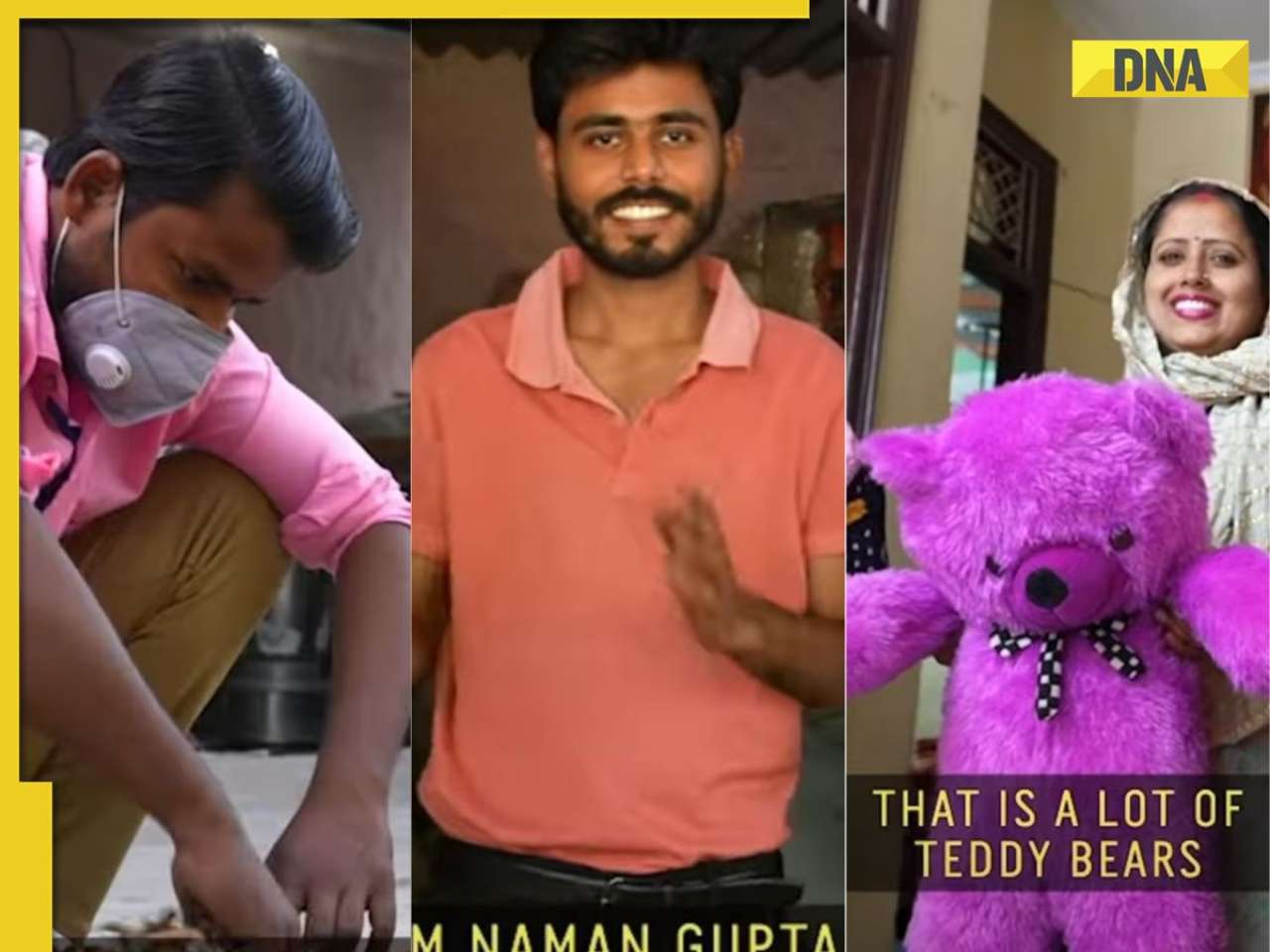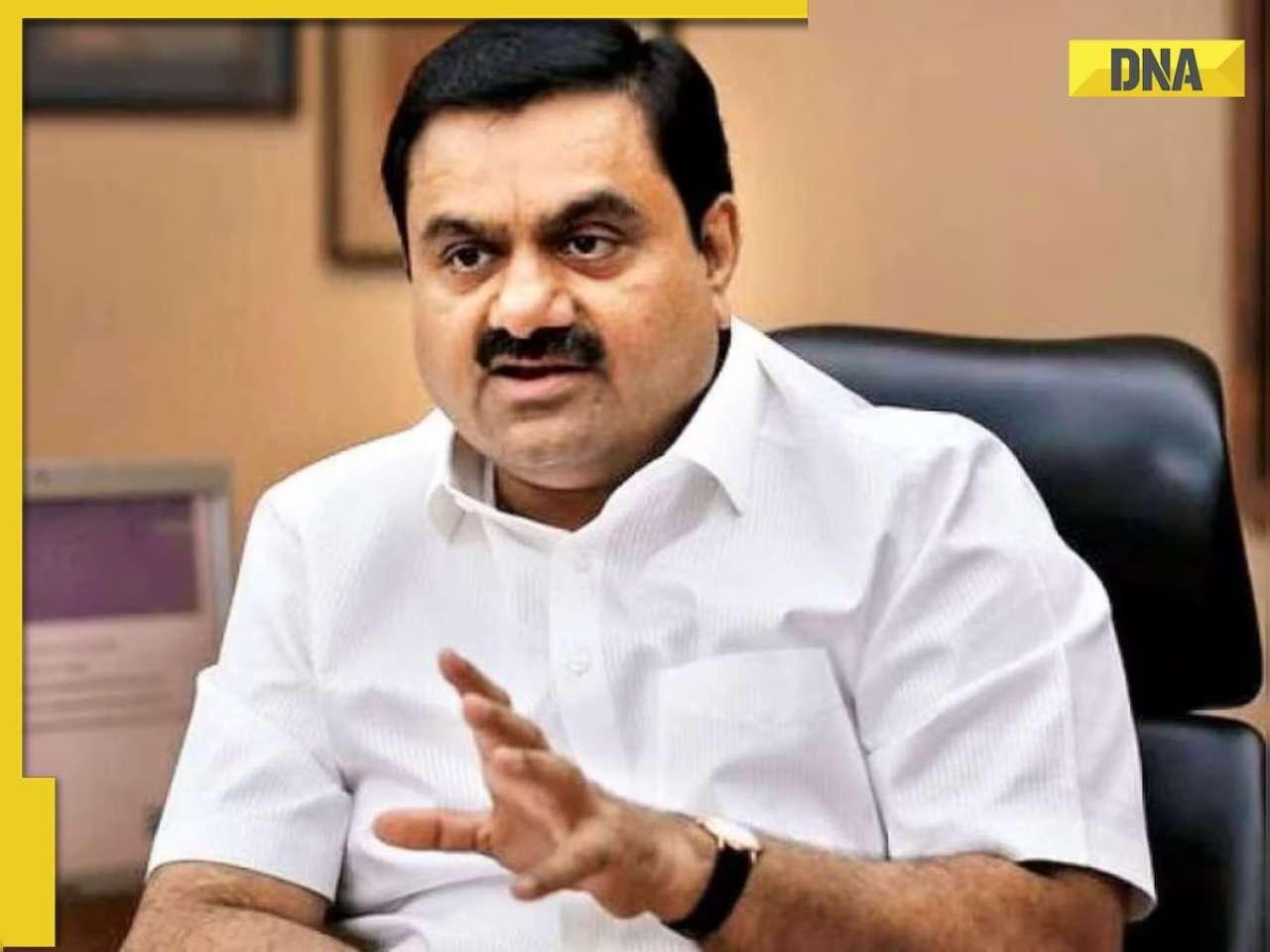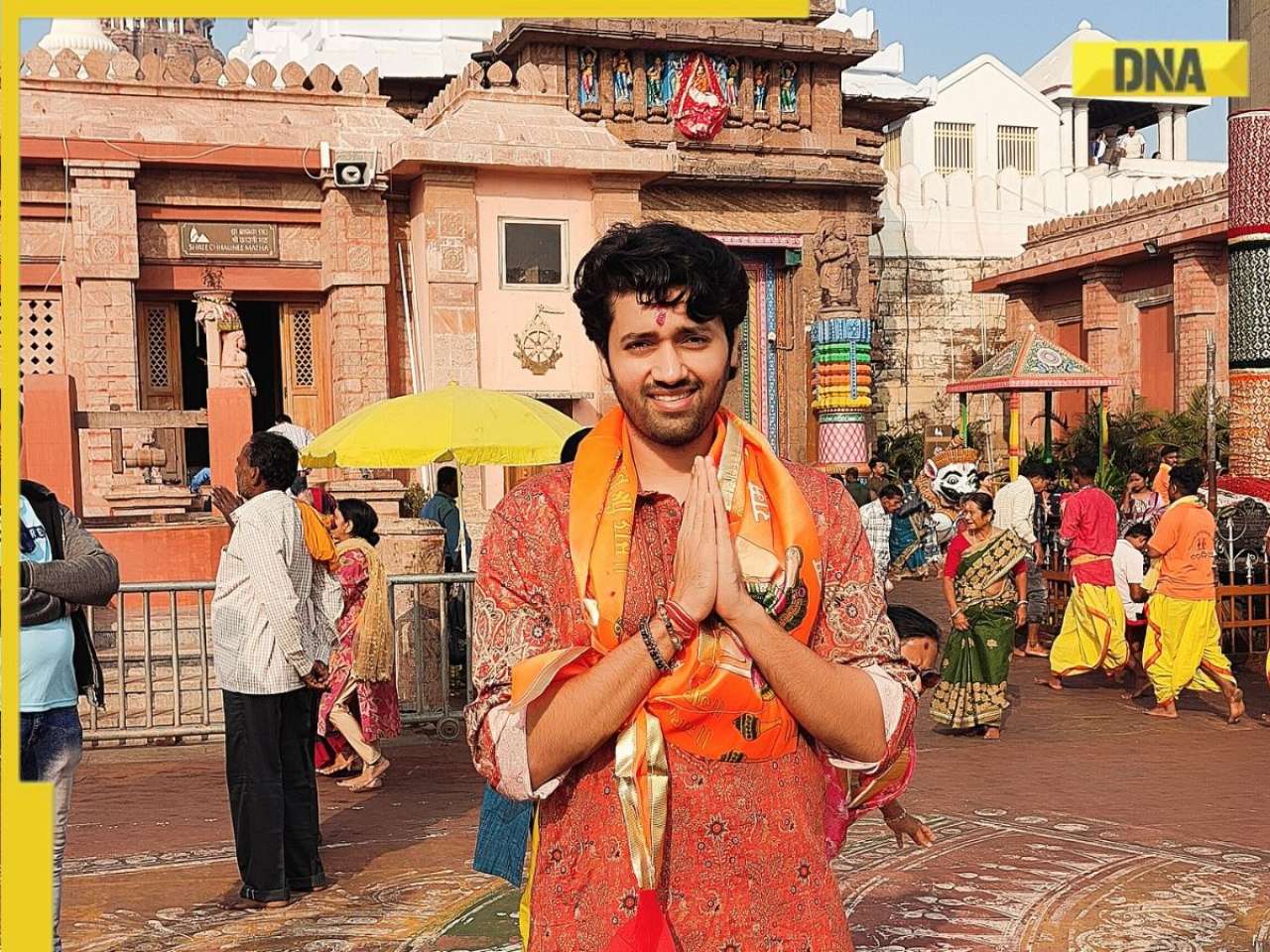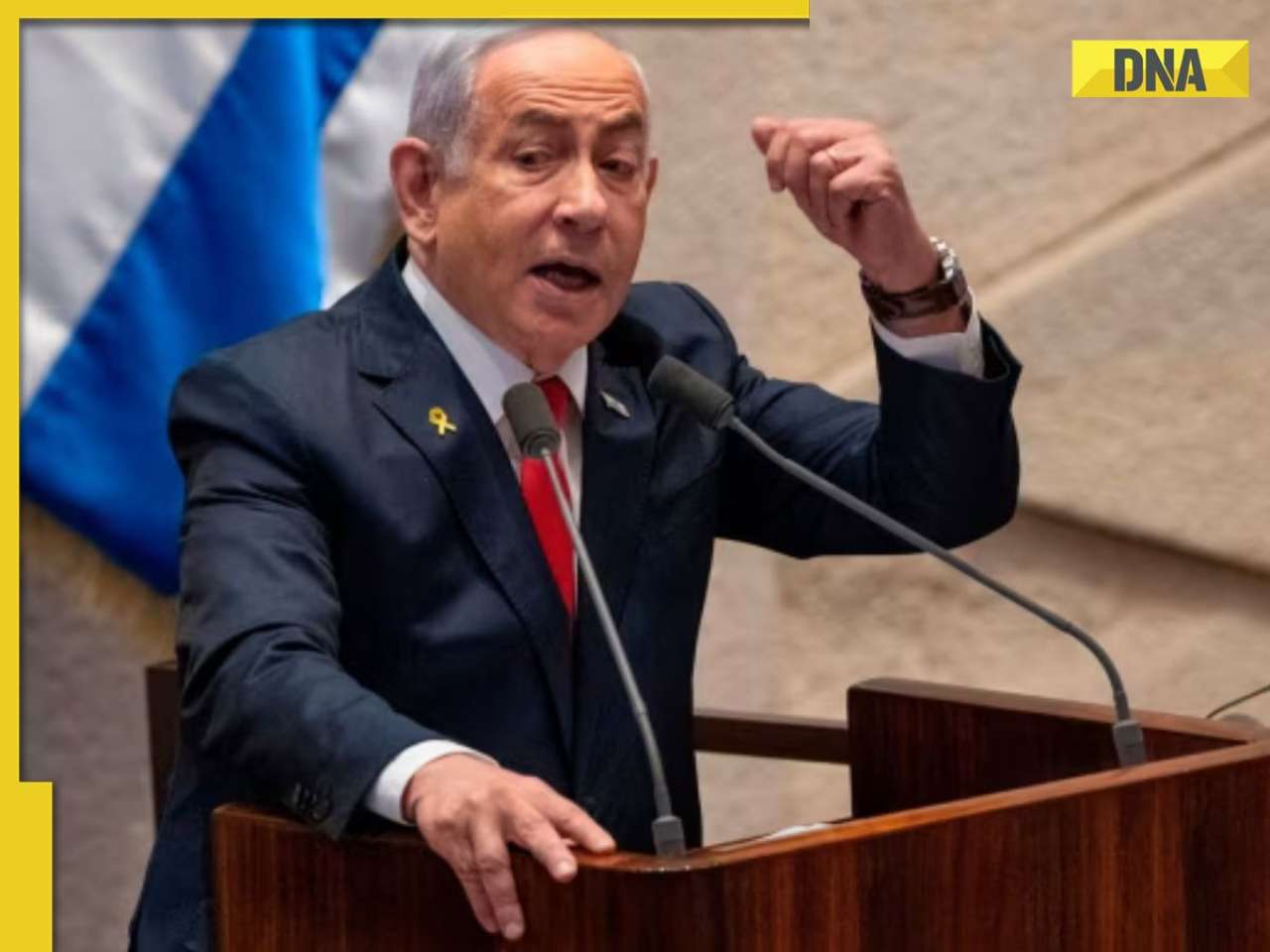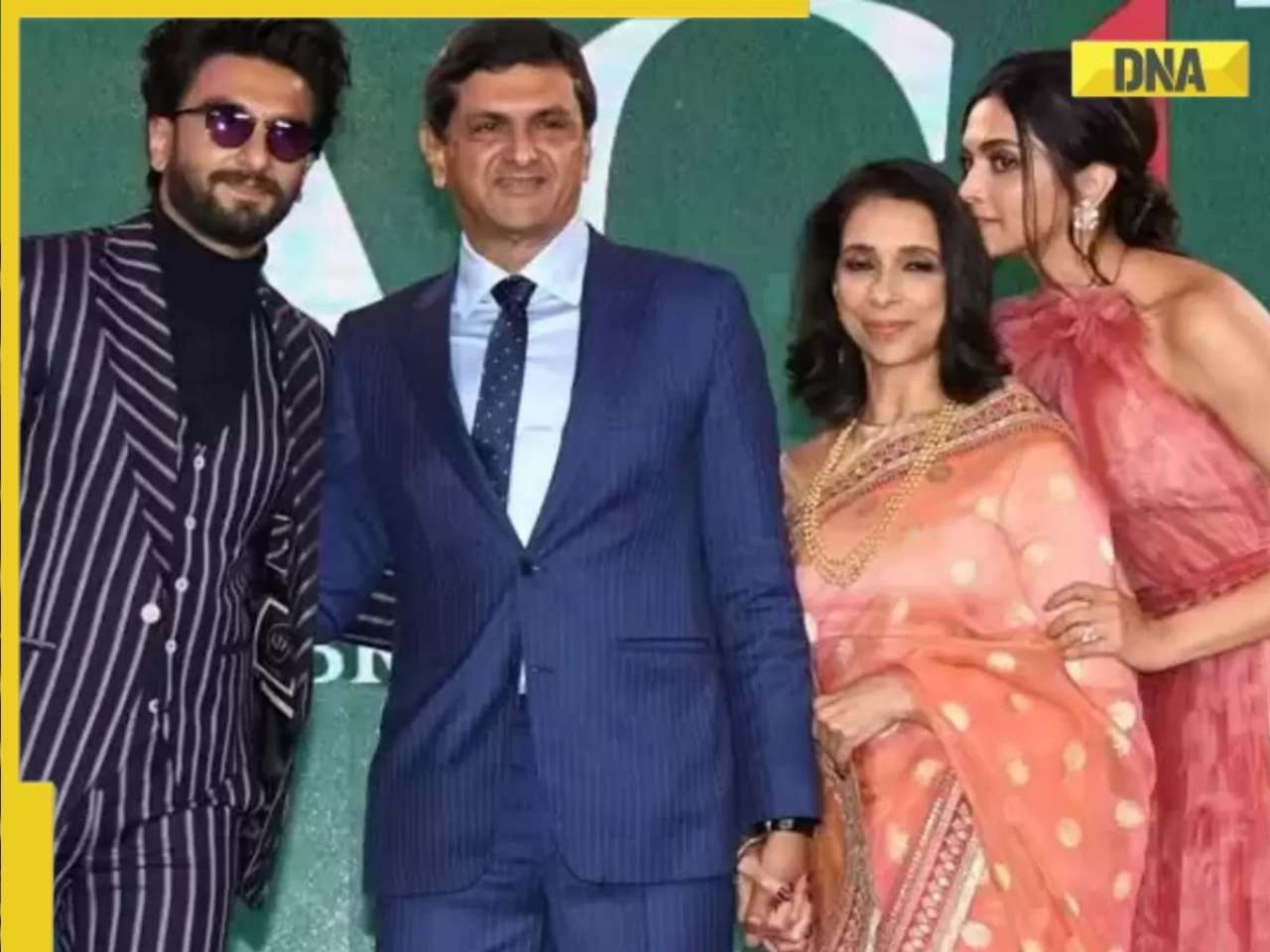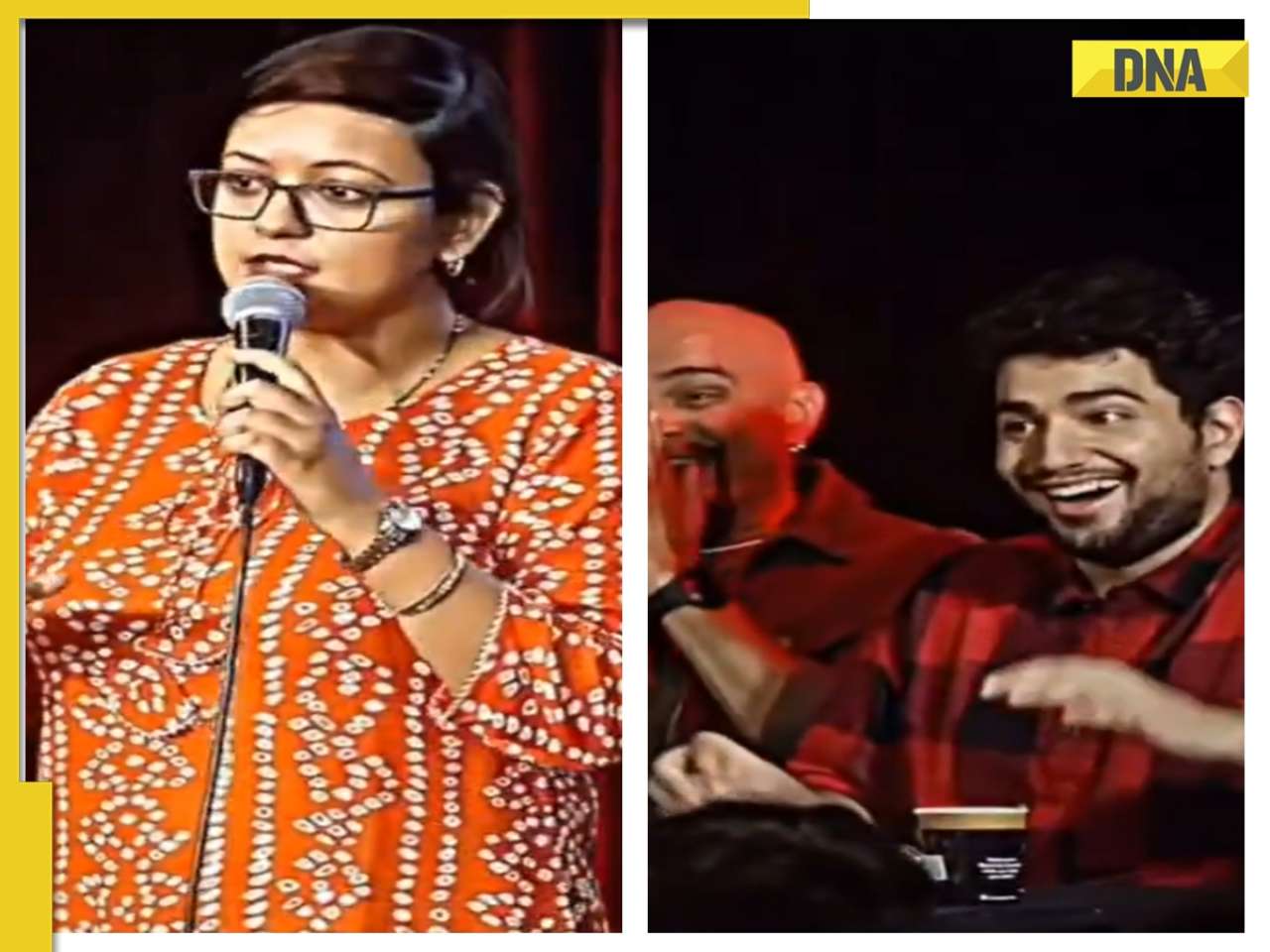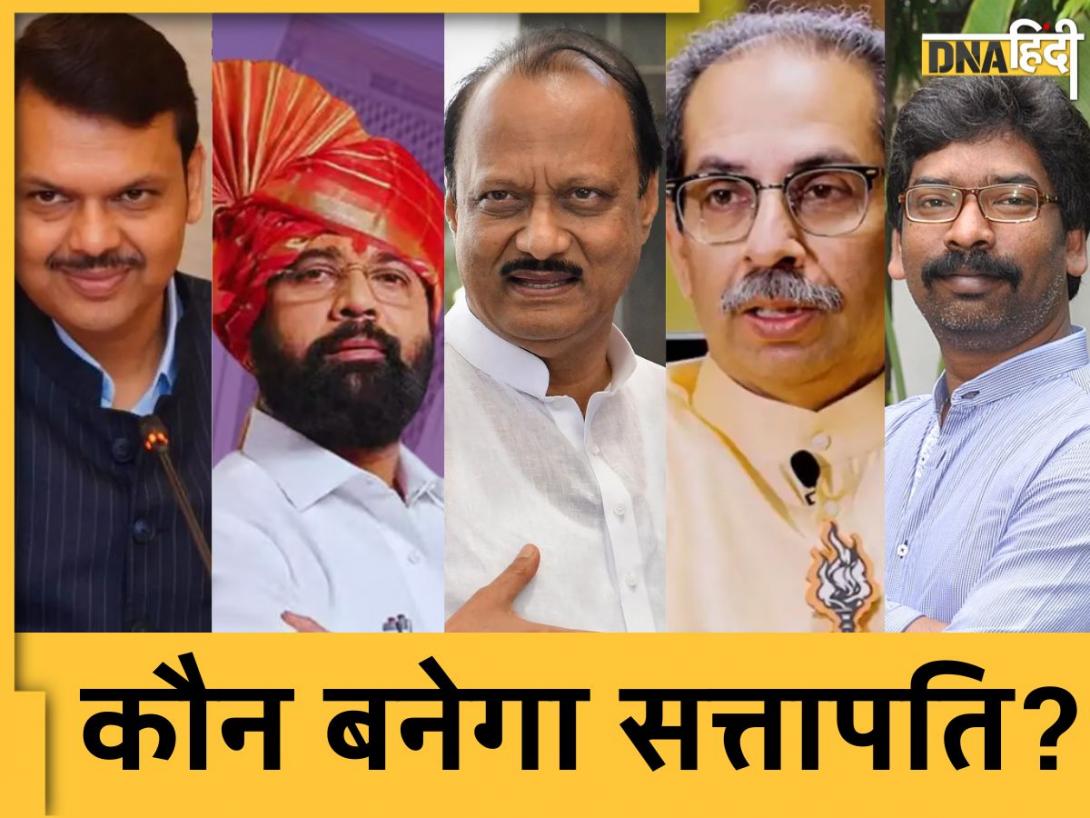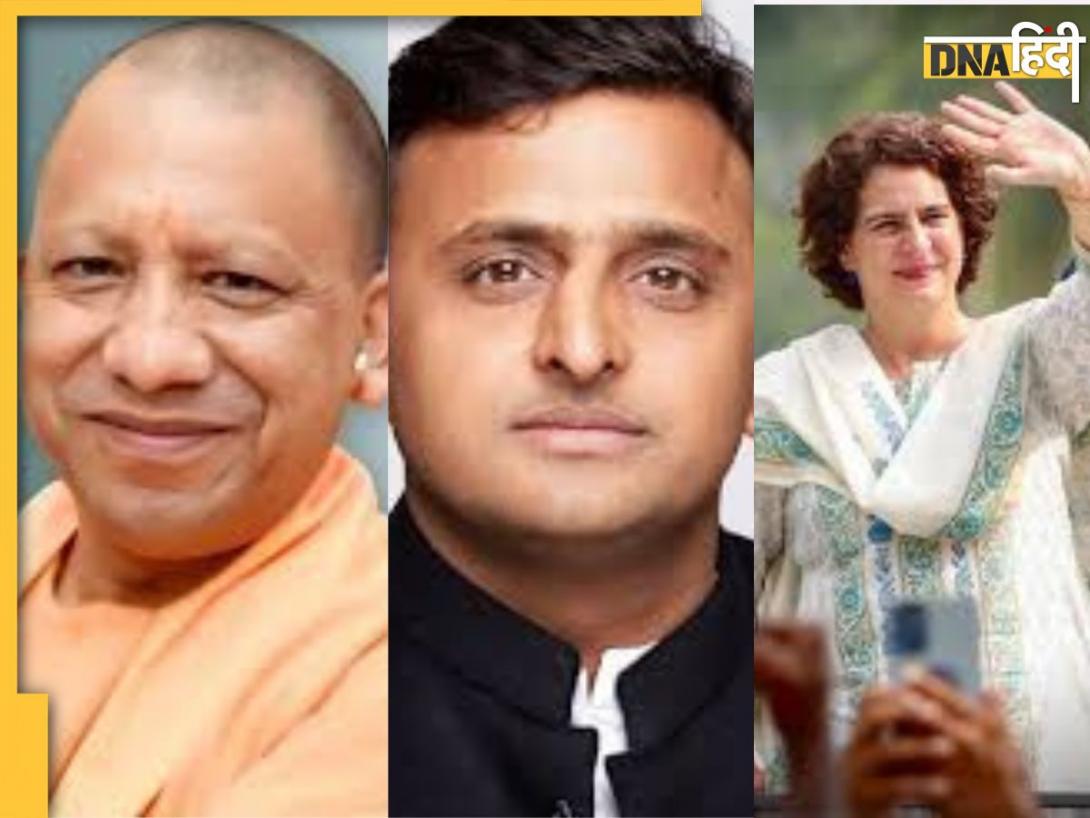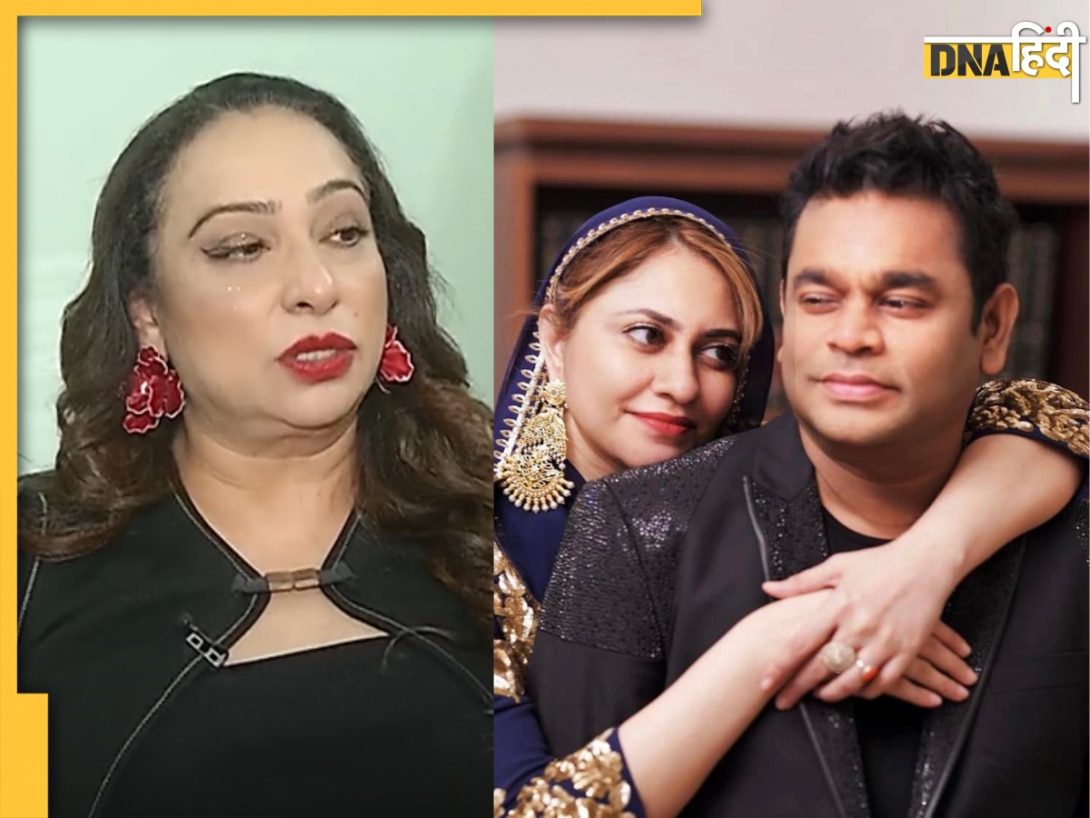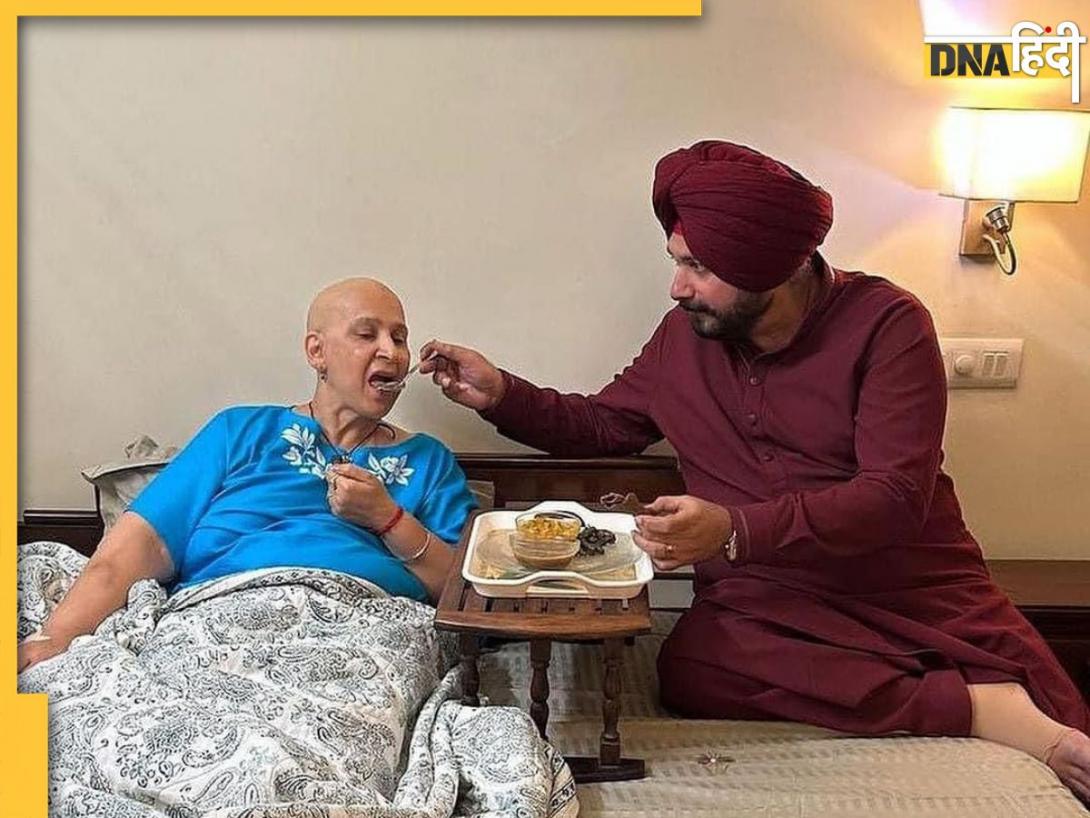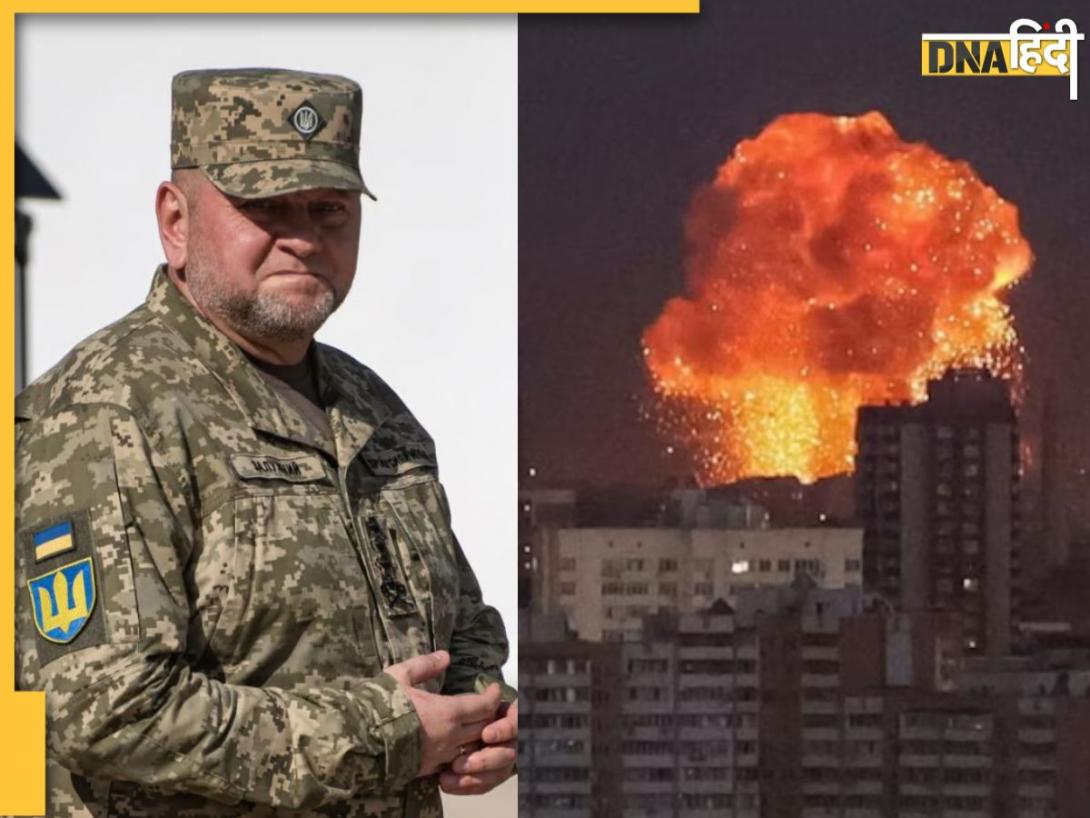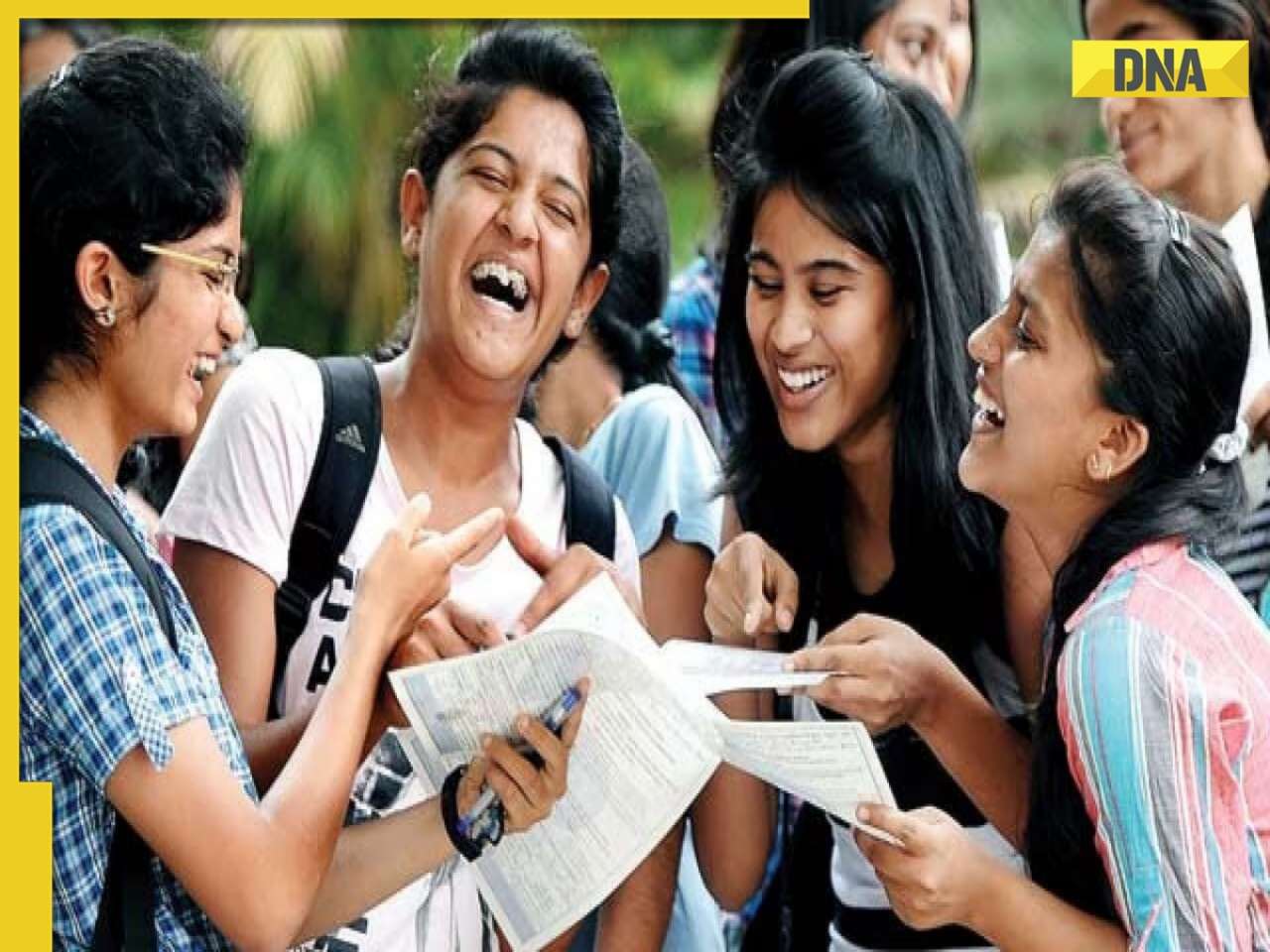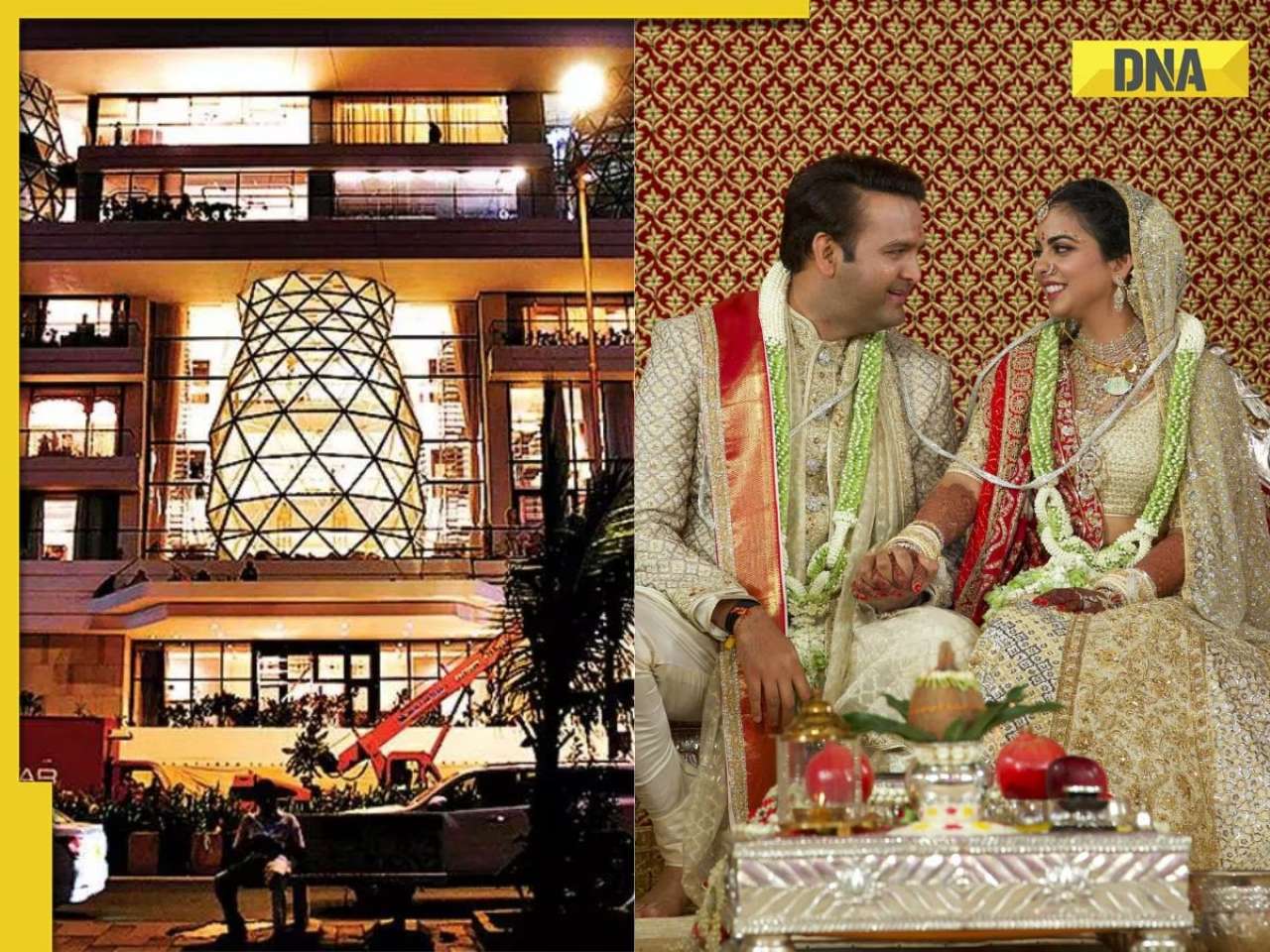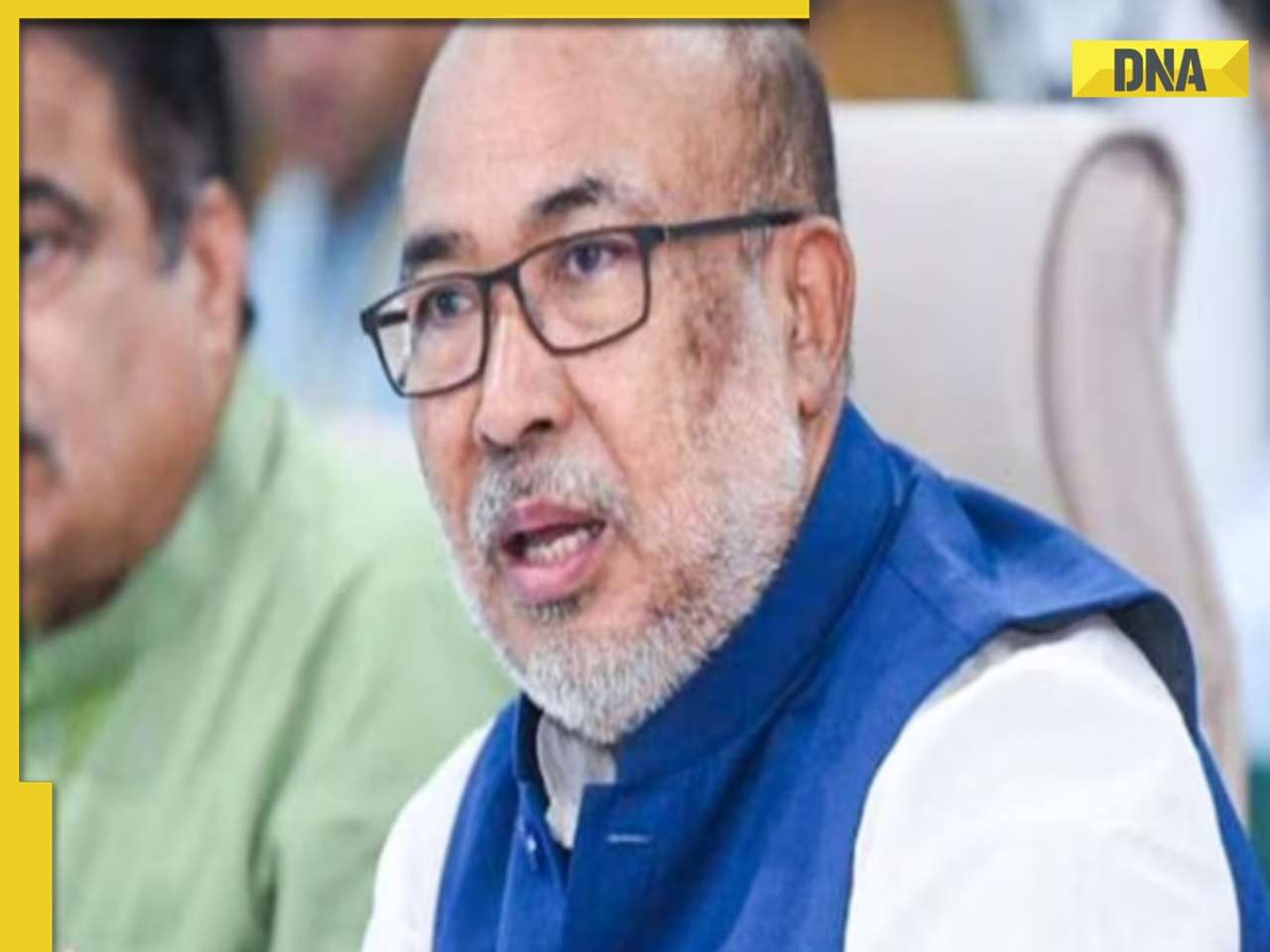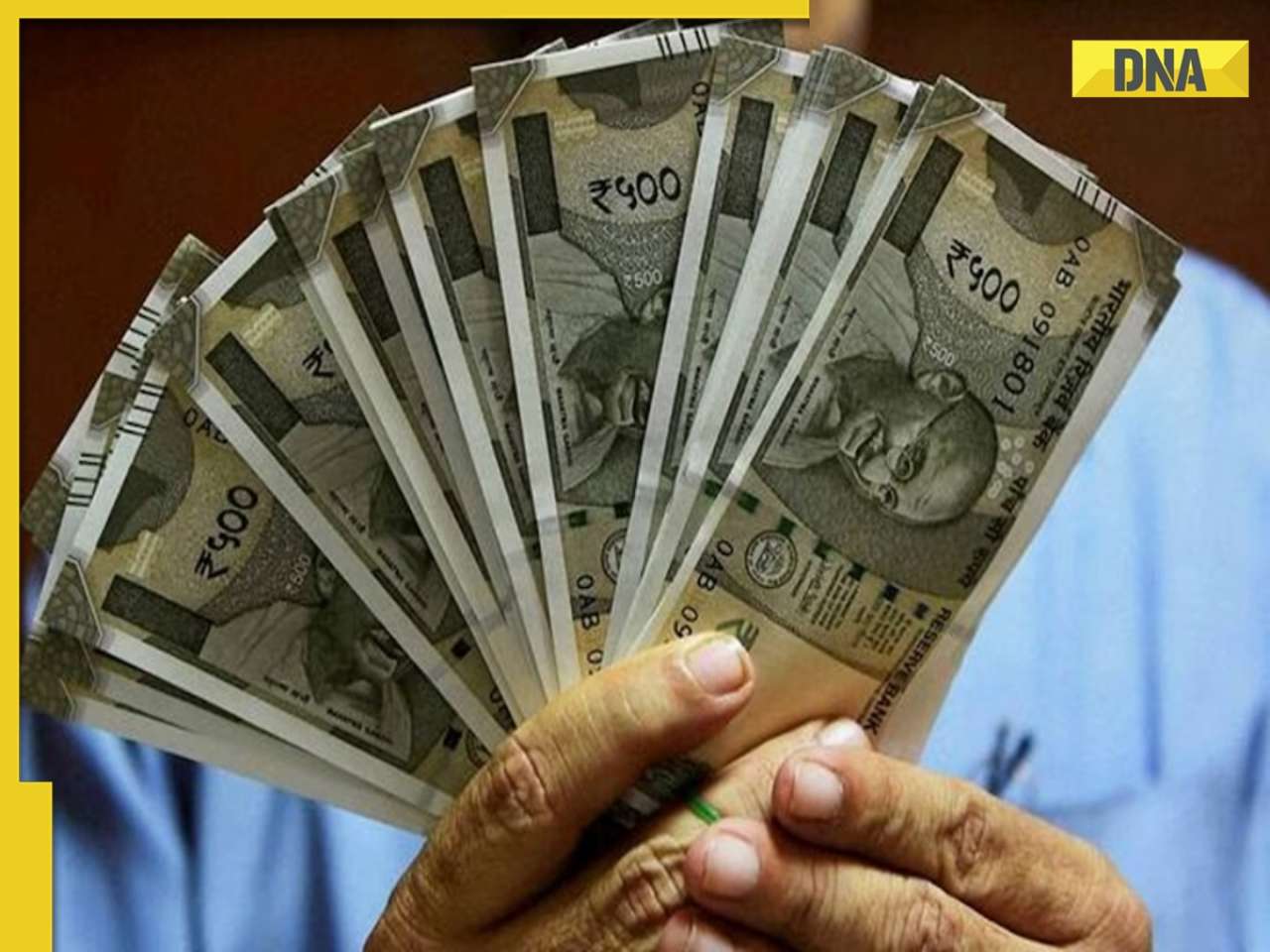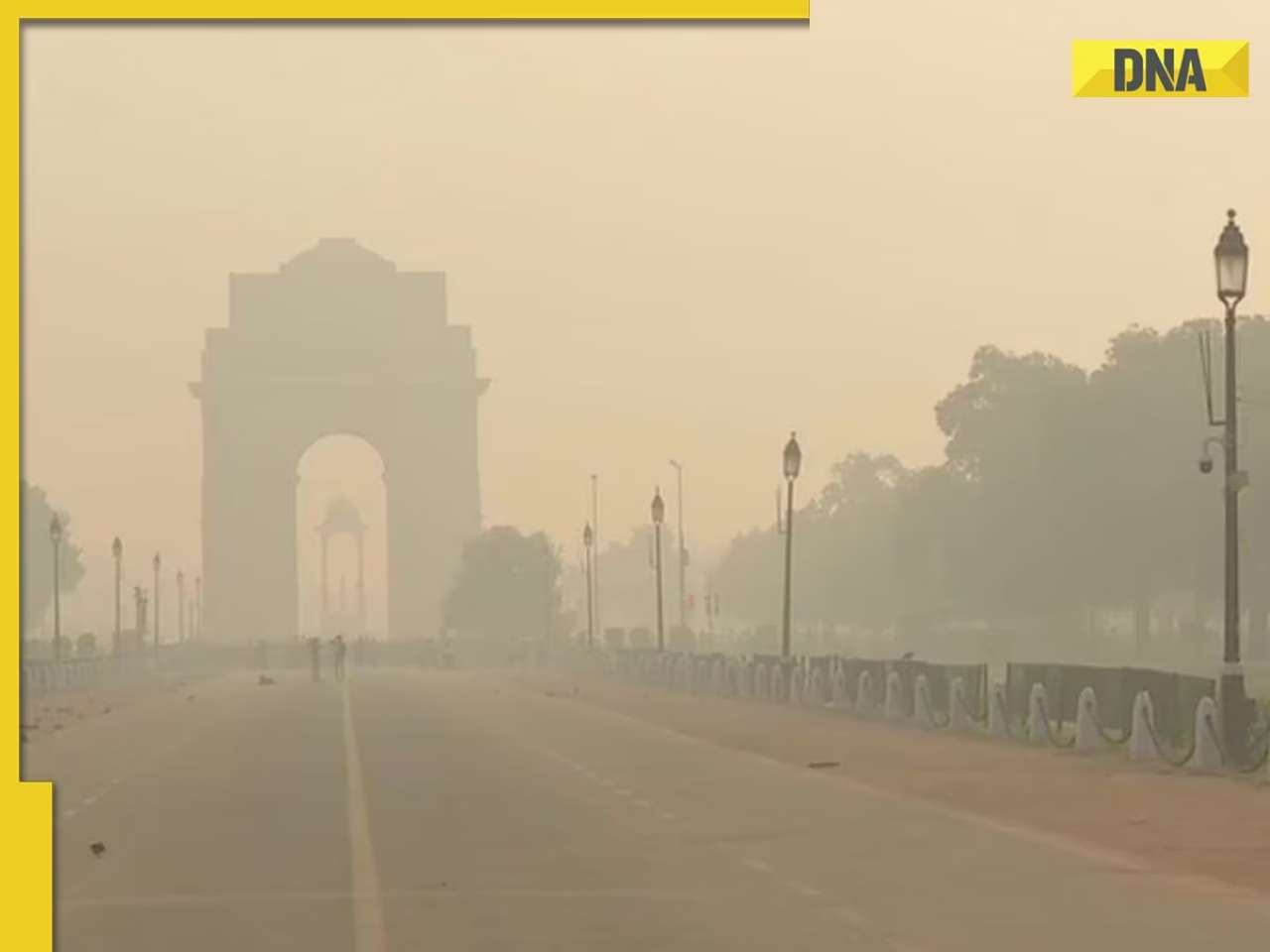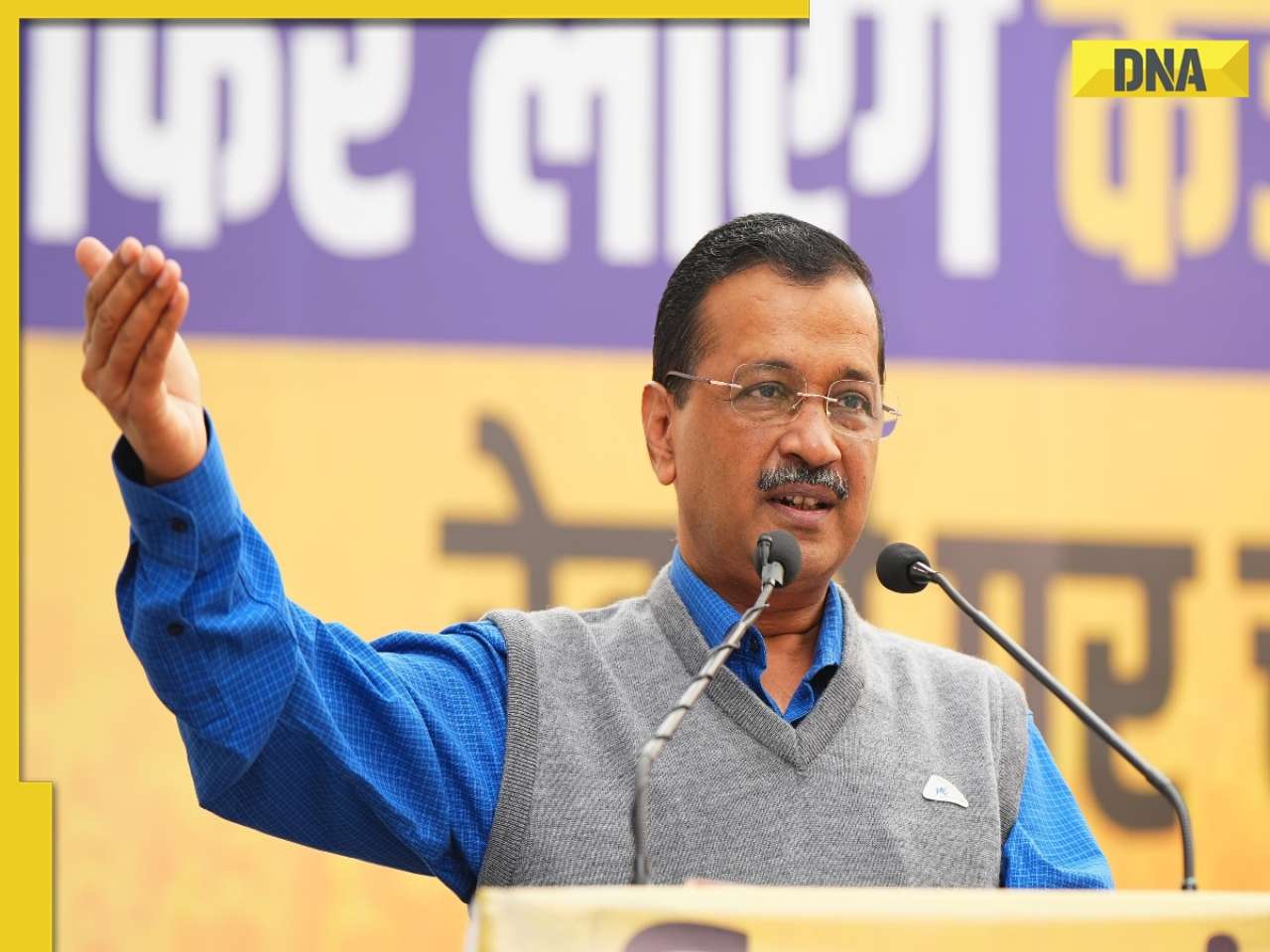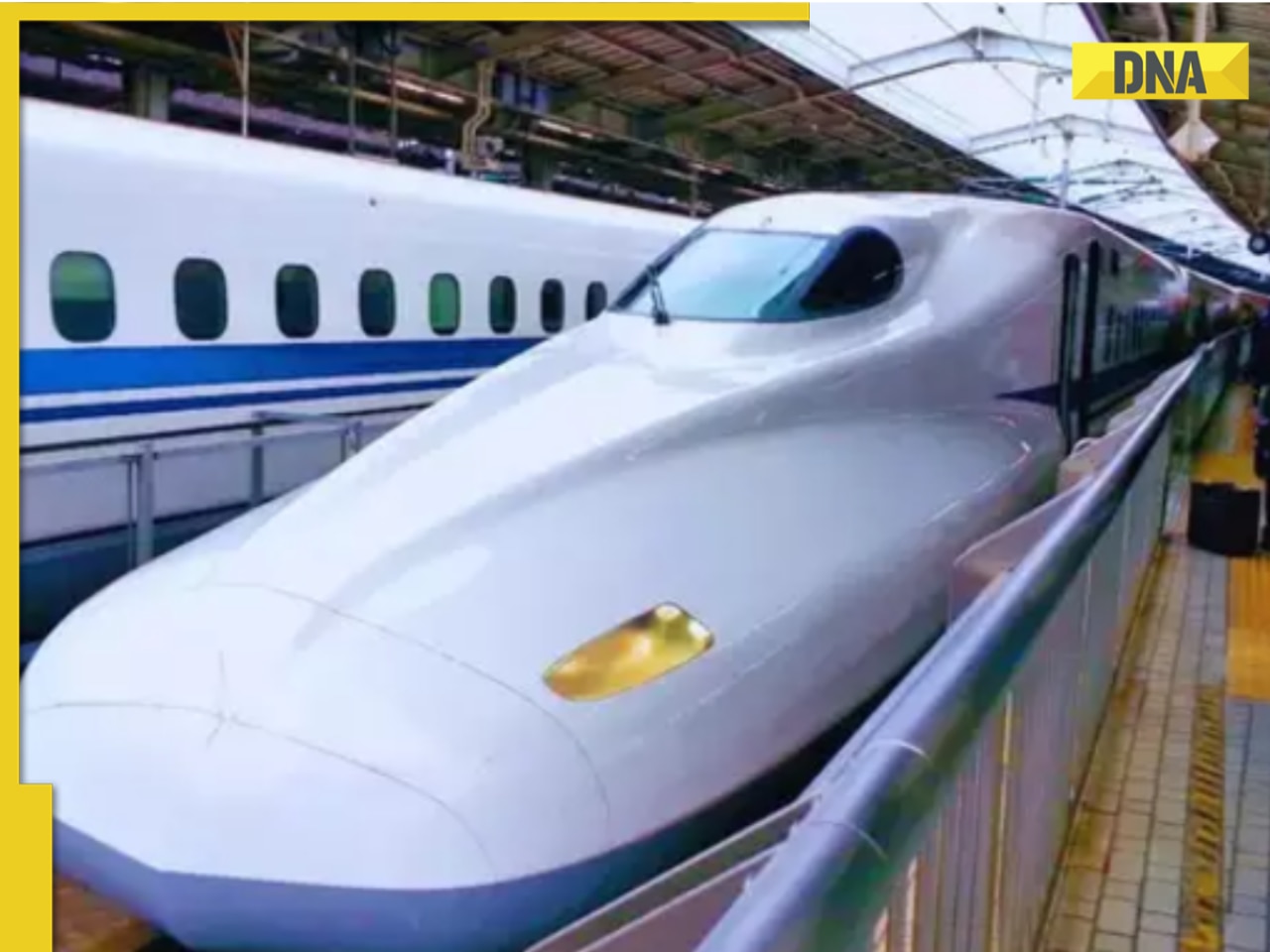- LATEST
- WEBSTORY
- TRENDING
ANALYSIS
How to plan a post-war transition to a gender-just peace
When you consider the many theatres of conflict in India—insurgencies, militarised zones like Kashmir and most parts of Northeastern India, land and resource conflicts like those waged against POSCO, anti-nuclear campaigns like Jaitapur and Kudankulam and communal conflicts—it seems that we had better start learning about subjects like transitional justice.
TRENDING NOW
“I experienced violence all over my body. My heart is still in pain, it still has not healed. Sometimes (it feels like) blood comes out, my chest hurts and I cannot breathe… Why did they treat us with so little humanity?”
“Justice is a word I often hear people using. Whether it is real or not, I don’t know because I’ve never experienced it. We have suffered hunger and economic crisis but no one cares about us. I don’t know where the process of justice is, I have never heard about it.”
“…There especially must be justice for all the women for whom independence cost them their dignity.”
I have been reading Enduring Impunity: Women Surviving Atrocities in the Absence of Justice, a compilation by Asia Justice and Rights of stories from Indonesia, Timor-Leste and Myanmar, narrated by women caught up in the years of civil wars and conflict across these countries, some as long ago as the 1960s.
Seeking a methodology that could both document women’s experience and help them heal, AJAR, in partnership with local organisations in these three countries, used an inclusive approach that employed a number of innovative modes of self-expression and made a point of including young people from the women’s families where possible.
The stories they recorded are powerful; the accompanying images even more so. The descriptions of violence make gruesome reading, but what breaks your heart is to hear someone in their fifties say: “I cannot speak of justice because I never experienced justice in my life. All my rights were taken. How can I speak on justice?” (page 33) Across the world, there are hundreds of thousands of people who could say this. What does that say about the civilisation(s) we claim to have built?
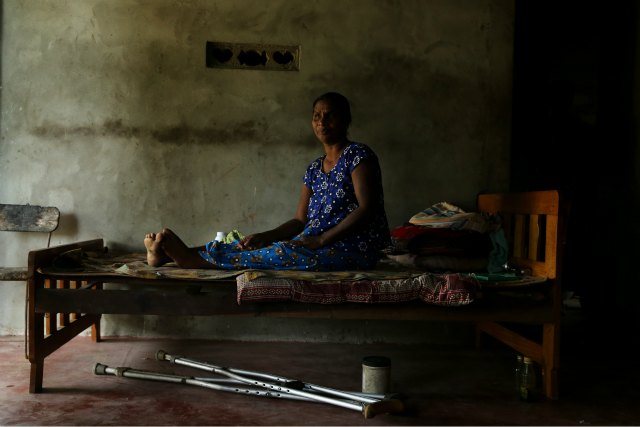
A disabled Sri Lankan Tamil war survivor named Jakap Thangamma, 55 years old, sits on her bed on October 25, 2015 in Kilinochchi, Sri Lanka. Image credit: Getty
I came across this publication during a workshop on transitional justice that was being facilitated by AJAR President Patrick Burgess for the National Peace Council of Sri Lanka. This was my first systematic introduction to the idea of transitional justice, which “refers to the set of judicial and non-judicial measures that have been implemented by different countries in order to redress the legacies of massive human rights abuses” (International Center for Transitional Justice). The facilitator had planned an exercise where participants would make a list of transitional justice goals for Sri Lanka, a country where this is now being discussed anxiously. That got me thinking about what a feminist wishlist for transitional justice might look like. There is surely a large body of expert writing on this; that does not stop me from sharing my list with you. After all, social change and social justice only become a reality when each of us makes an effort to understand justice and imagine change in our way, so that we can own and then work for it!
The list builds on what transitional justice advocates call its four pillars: truth-seeking, prosecution, reparation and institutional reform.
A gender-sensitive transitional justice process would begin, I imagine, with making sure to take into account gendered experiences of women, men, transgendered persons and anyone else. This means, what do they experience by virtue of being or identifying with this or that gender? For instance, the AJAR report includes the story of a woman who was abducted and almost gang-raped because of her husband’s political activism. Men who have to raise families after losing their wives struggle during conflict or displacement struggle with the double burden that female heads of household have, but no one recognises that. Without being open to these realities, we have an incomplete understanding of truth and the justice we deliver is bound to be imperfect.transgendered persons and anyone else. This means, what do they experience by virtue of being or identifying with this or that gender? For instance, the AJAR report includes the story of a woman who was abducted and almost gang-raped because of her husband’s political activism. Men who have to raise families after losing their wives struggle during conflict or displacement struggle with the double burden that female heads of household have, but no one recognises that. Without being open to these realities, we have an incomplete understanding of truth and the justice we deliver is bound to be imperfect.
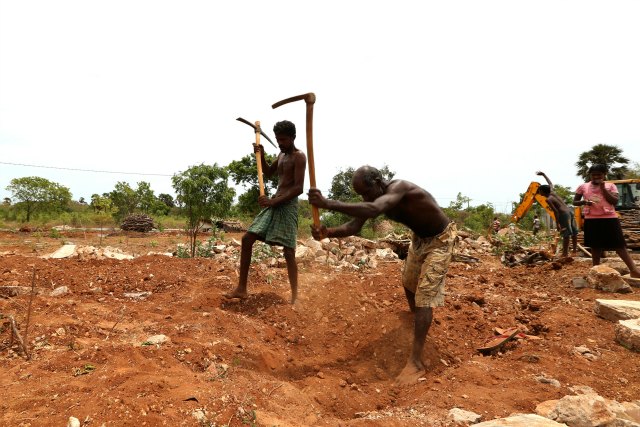
Newly resettled minority Tamil man, Raman Balasundaram (C) digs the land with his son which was released back to owners in April 2015 after 25 years as a military forces high security zone in the remote village of Thillipali in Jaffna, Sri Lanka. Image credit: Getty
I would add to this that there is more to a woman’s gendered experience than violence. Discussions of women’s experiences tend to be fixated on their bodies— sexual and gender-based violence, menstruation and pregnancy, for instance. But women also experience livelihood challenges, the frustration of their aspirations, anxiety about property, stress and the impact of stigma and social isolation. It is also important to note that men and boys also experience sexual violence, something that is often overlooked by processes that regard them merely as protectors or perpetrators. If women are left out during the distribution of monetary relief, men get overlooked as victims of sexual abuse.
There should be room in the transitional justice process for hearing all voices and all perspectives. If we are serious about this, the process may involve listening to things we reject as wrong or fake and having to hear things about ‘our side’ that are unsavoury. But that is critically important. After all, we have decided to live together from this point onwards. Another concern is that truth-seekers (fact-finders) should not just seek out voices they consider authoritative. It means trying to do without interlocutors as much as possible.
Who does the listening, the documentation, the prosecution and defence also matters. I would root for gender parity in transitional justice institutions at every level. Sure, someone is going to tell me that parity is not realistic. At this point, however, neither is justice. The point is that women, men and everyone else should be represented as much as possible in the offices and workings of transitional justice. For instance, imagine how much easier it would be for a woman abducted and enslaved as a teenager by a company of male soldiers to narrate her story to a mixed tribunal of women and men.
Ending impunity for human rights violations and recognising, in practice, that sexual and gender-based violence is a human rights violation is the most important demand feminists would and do make of a transitional justice process. Let us recognise that in every kind of conflict, women’s lives, bodies and property are collateral damage. Impunity is defined by the UN as “the impossibility, de jure or de facto, of bringing the perpetrators of violations to account.” Scholars and activists talk about the ‘culture of impunity’ in such contexts— those who violate human rights believe they will not be held accountable at any point. They are confident that both the formal mechanisms of justice and society will turn a blind eye to their doings. Where there is a culture of impunity for gender violence (and this is almost everywhere), it is not just judicial mechanisms that are found wanting, but also the support structures—practical and psychological—needed for healing and recovery.
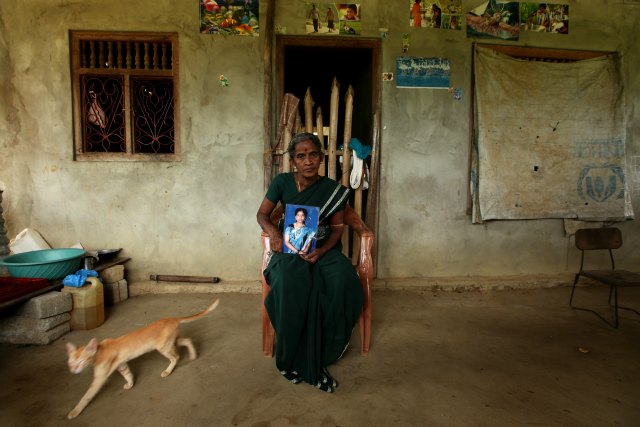
Tamil woman named Suntharam Rajeswary, 65 years old, holds her missing a young daughter picture on October 25, 2015 in Kilinochchi, Sri Lanka. Image credit: Getty
Even outside transitional contexts, women’s movements have struggled to make the prosecution of sexual and gender-based violence a less hostile experience for women and girls. They have demanded in-camera depositions, for instance, for certain kinds of violence. They have sought a better environment and easier processes for reporting. It is even more important to think about safe, non-threatening processes and procedures in societies seeking to move out of crisis or authoritarian situations where fear has become normal.
Does everyone—women, men and others—have access to compensation, relief and the opportunity for rehabilitation? Programmes for disarming, demobilising and rehabilitating soldiers after a civil war have been criticised in the past for ignoring the presence of female and child soldiers. Land titles are presumed to be in men’s names and when the men die, it is hard for women, especially displaced women, to establish ownership of family property. Relief arrangements are premised on traditional family structures, leaving out large groups of individuals who, for a variety of reasons, do not fit those images. In practical terms, transitional justice begins with assuring everyone has equal access to support services and resources and everyone gets an equal chance to rebuild their lives.
Sri Lanka is writing itself a new constitution and the consultation process is underway. Transitional contexts are usually a time for rewriting rights, rules and institutions. Gender equality must be a bedrock principle in this exercise— equal rights, equal access, prohibitions against discrimination and, if necessary (and where are they not necessary?), quotas with or without a time-limit. Rwanda is a stellar example of how post-conflict gender quotas can change first the composition of a Parliament and then the complexion of the laws that Parliament passes. This is also a time to re-open and discuss concerns that specific groups of women might have with regard to laws that govern them, and I am thinking about the writ of personal and customary law codes and institutions here.
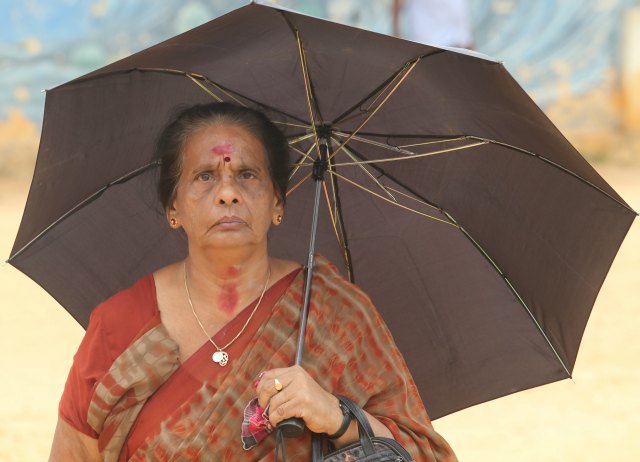
A Sri Lankan ethnic Tamil woman returns after voting during the northern provincial council election on September 21, 2013 in Jaffna. Image credit: Getty
Postponing gender equality concerns to another date would guarantee a flawed, unjust transition. In fact, it would be no transition at all, just a variation on the same theme of unequal relationships and unfair institutions. Worse would be a piecemeal, token “gender” approach. By this, I mean the kind of approach that does not embrace the whole journey to gender equality but picks one element in order to check off the gender box. One example would be to create a public sphere role for women at some level but predetermine the agenda—peace, or reconciliation, or livelihood skills—and not engage with all the issues that limit women’s life-chances. Another would be to involve women in specific activities but make it impossible for them to raise issues that upset the patriarchal applecart, such as violence within the home.
Without gender justice and equality, there is neither justice nor peace. That is the reality.
I write this sitting in a place where everyone is talking about post-war issues, reconciliation and transitional justice. But to recall another lesson I first learnt in Sri Lanka, the time to think about peace—about the transition to peace—is in the thick of the conflict. When you consider the many theatres of conflict in India—insurgencies, militarised zones like Kashmir and most parts of Northeastern India, land and resource conflicts like those waged against POSCO, anti-nuclear campaigns like Jaitapur and Kudankulam and communal conflicts—it seems that we had better start learning about subjects like transitional justice.
We will then understand why it has been so important to document and prosecute those who have perpetrated the many communal riots in India’s post-independence history and why in the absence of such action, it is impossible for so many thousands to move on and rebuild their lives. We will understand why the impunity granted by laws like AFSPA is intolerable. As human rights violations and limitations become the norm, freedom of speech is limited either by external or self-censorship and we become inured to violence everywhere. Thinking about how to build peace is an act of resistance and the secret of survival.
Swarna Rajagopalan is a political scientist by training and the founder of Prajnya. She is in Colombo, Sri Lanka, learning from the work of the National Peace Council of Sri Lanka.![]()
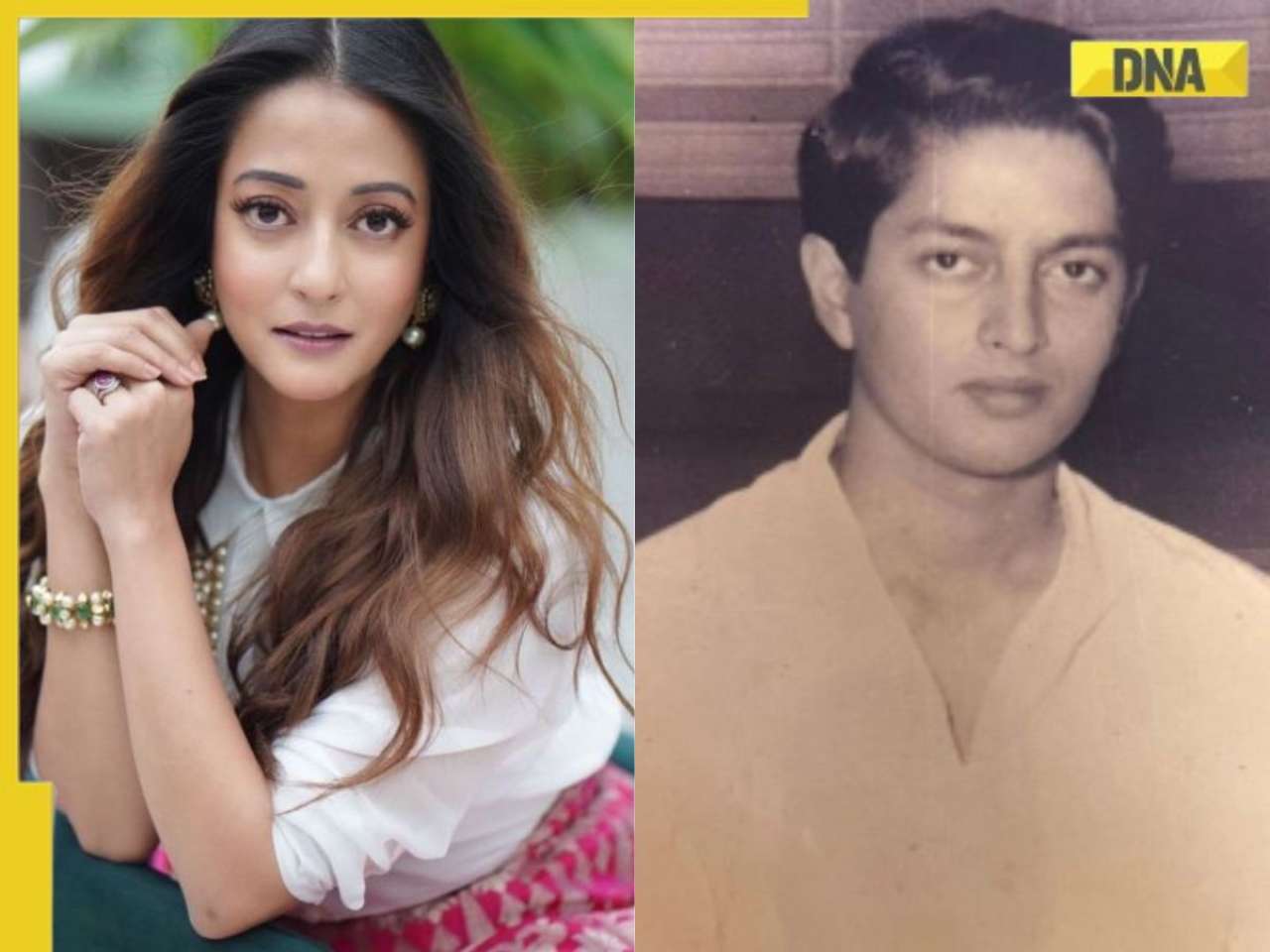
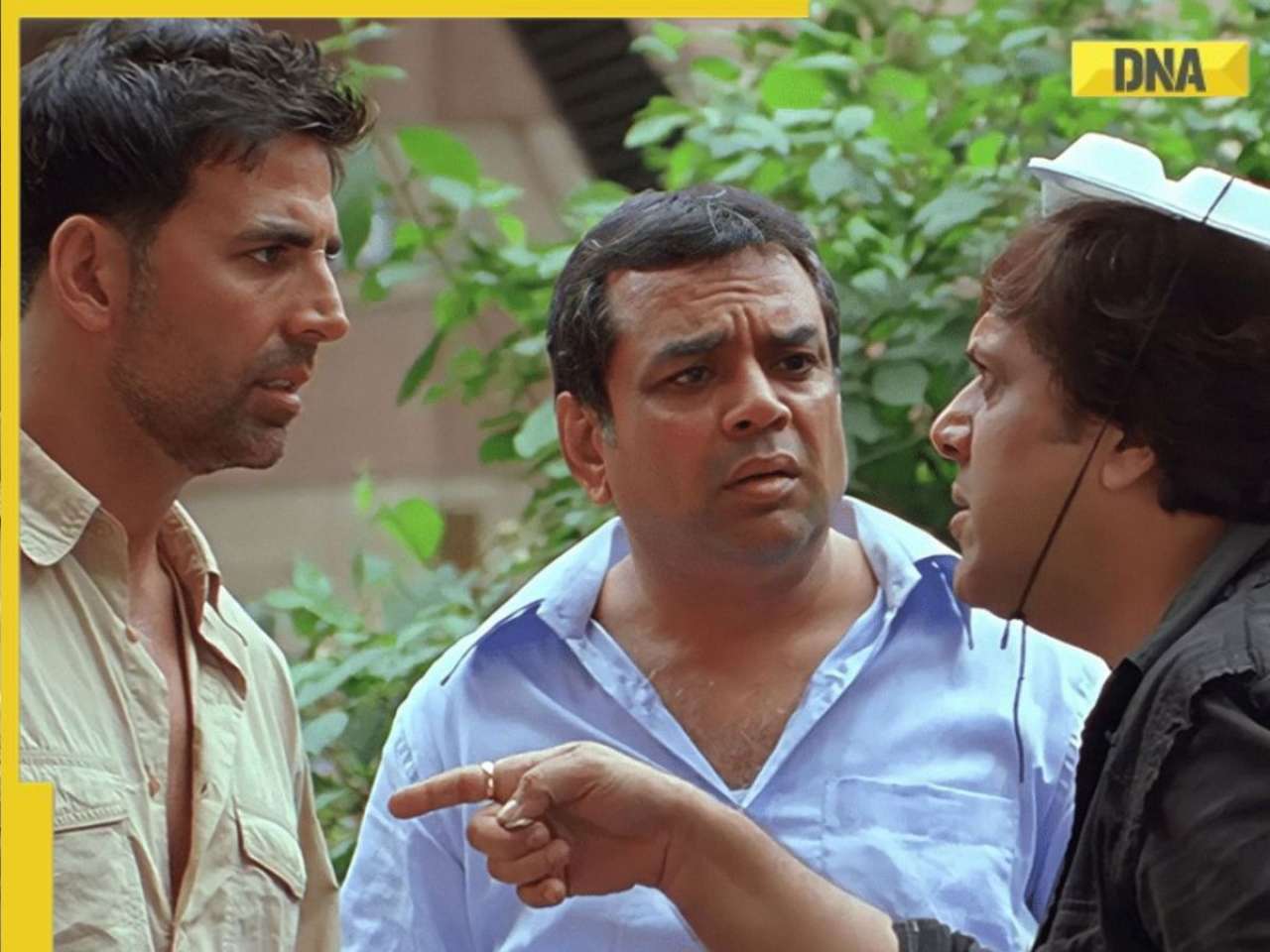





)
)
)
)
)
)
)
)
)
)
)
)
)
)
)
)






